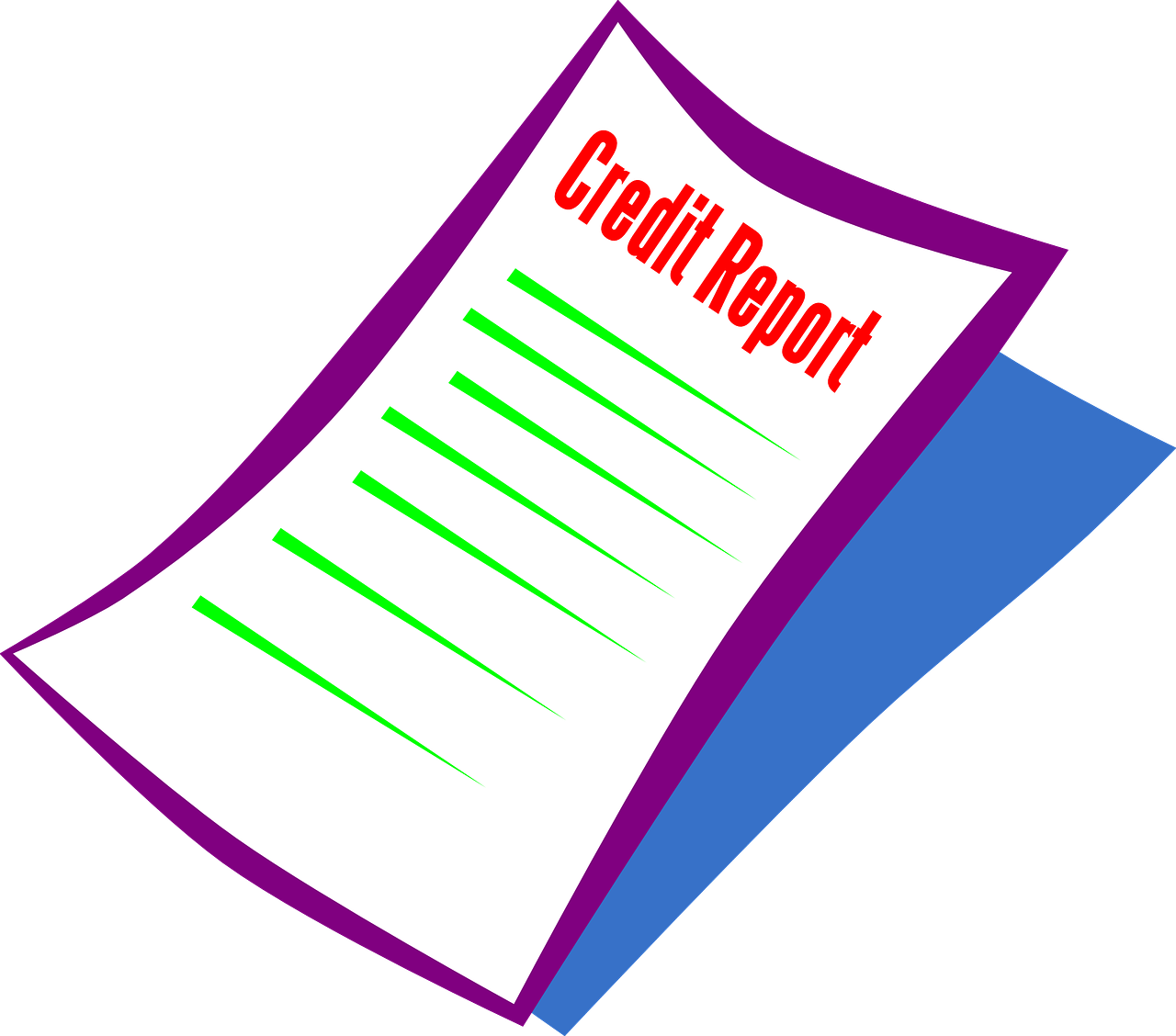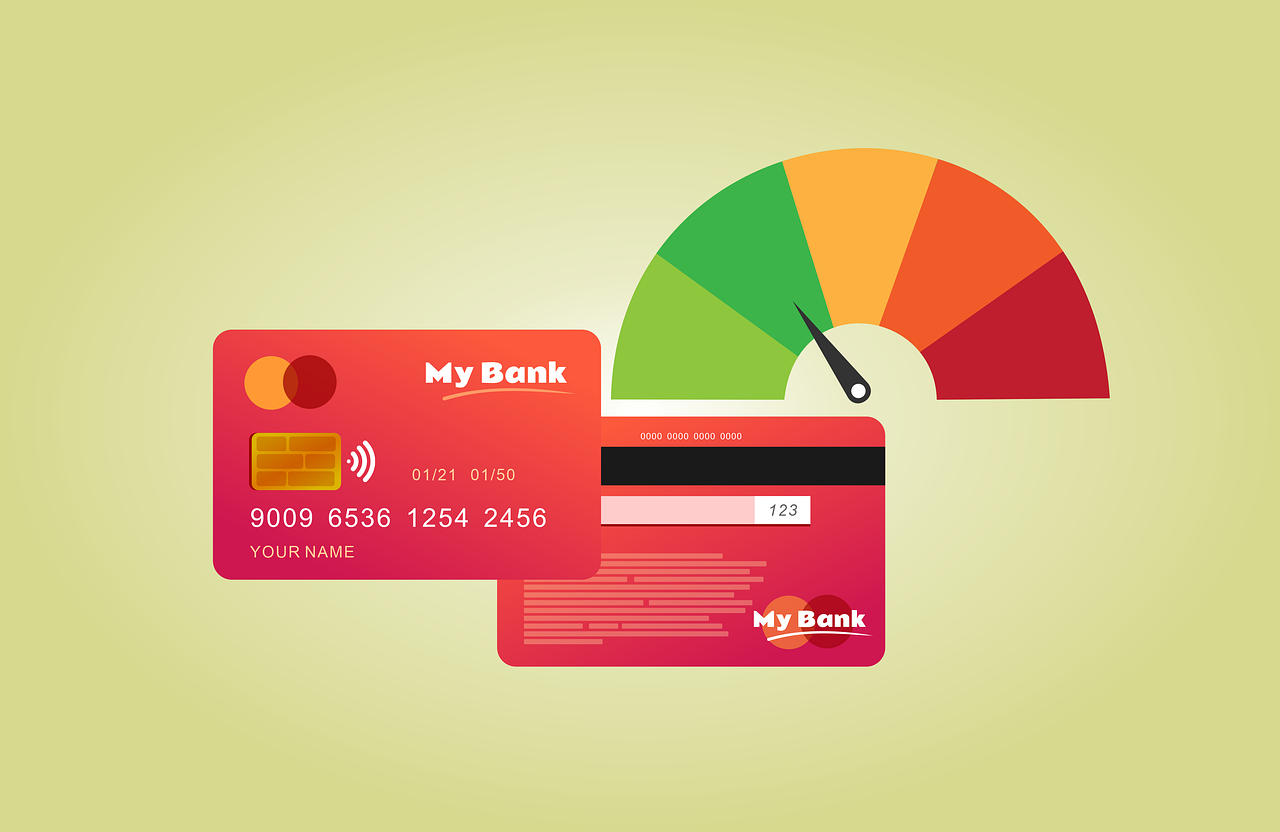Wouldn’t it be amazing if you could boost your credit score by a specific number of points? Well, guess what? It’s not just a dream – it’s entirely possible! In this article ‘Boost Your Credit Score Fast: Proven Strategies to Raise Your Score’, we’ll explore some practical tips and strategies that can help you improve your credit score by a certain number of points. Whether you’re looking to qualify for a better interest rate, secure a loan, or simply enhance your financial well-being, these tried-and-true methods are here to guide you on your credit score improvement journey. So, let’s dive right in and discover how you can give your credit score the boost it deserves!

Understanding Credit Scores
What is a credit score?
A credit score is a three-digit number that lenders use to assess your creditworthiness or your ability to repay borrowed money. It helps lenders determine the level of risk they may face by granting credit to an individual. In other words, it is a numerical representation of your creditworthiness, which plays a vital role in your financial life.
How is a credit score calculated?
Credit scores are calculated using various factors, including payment history, credit utilization ratio, length of credit history, types of credit, and new credit inquiries. These factors are weighted differently, depending on their impact on your creditworthiness. For example, payment history and credit utilization ratio have a significant influence on your credit score.
Why is a credit score important?
A credit score is important because it affects your ability to obtain credit for significant purchases, such as a mortgage, car loan, or credit card. A higher credit score often means lower interest rates, better loan terms, and access to more credit options. On the other hand, a lower credit score can result in higher interest rates, limited credit options, and difficulty in getting approved for loans or credit cards. Therefore, it is crucial to understand your credit score and take steps to improve it if necessary.
Checking Your Current Credit Score
Obtaining a credit report
To check your current credit score, you can obtain a credit report from one of the three major credit reporting agencies: Equifax, Experian, or TransUnion. By law, you are entitled to one free credit report from each agency every year. You can request your free credit reports online, by mail, or by phone. It’s important to review your credit reports regularly to ensure their accuracy and to monitor any changes in your credit history.
Understanding credit report information
Your credit report contains detailed information about your credit history, including your payment history, credit accounts, public records, and inquiries. It is essential to carefully review each section of your credit report and look for any errors or discrepancies that may negatively impact your credit score. Make sure that all the information provided is accurate and up-to-date.
Identifying areas for improvement
Once you have obtained and reviewed your credit report, you can identify areas for improvement. Look for any missed or late payments, high credit card balances, or negative information such as bankruptcies or foreclosures. By identifying these areas, you can create a plan to address them and improve your credit score over time. Remember, improving your credit score is a gradual process, so patience and persistence are key.
Establishing Good Credit Habits
Making payments on time
One of the most important habits for improving your credit score is making payments on time. Late or missed payments can significantly lower your credit score. Therefore, it is crucial to pay your bills by their due dates consistently. An easy way to ensure on-time payments is to set up automatic payments or payment reminders. By establishing a history of timely payments, you prove to lenders that you are a responsible borrower.
Paying off outstanding debt
Another crucial step in improving your credit score is paying off outstanding debt. High credit card balances or loans can negatively impact your credit utilization ratio, which is the ratio of your outstanding balances to your credit limits. Aim to pay off your debts as quickly as possible, starting with high-interest debts first. By reducing your overall debt, you can improve your credit utilization ratio, which is key to boosting your credit score.
Avoiding new credit inquiries
Applying for new credit can result in hard inquiries on your credit report, which may temporarily lower your credit score. It is important to avoid excessive new credit inquiries, especially when you are actively trying to improve your credit score. Instead, focus on managing and improving your existing credit accounts. Only apply for new credit when necessary and consider the potential impact it may have on your credit score.
Maintaining a Low Credit Utilization Ratio
Understanding credit utilization ratio
Credit utilization ratio is the percentage of your credit limit that you are currently using. It is an essential factor in calculating your credit score. Ideally, you should aim to keep your credit utilization ratio below 30%. For example, if you have a credit card with a $1,000 limit, you should try to keep your outstanding balance below $300. By maintaining a low credit utilization ratio, you show lenders that you are managing your credit responsibly.
Paying down credit card balances
To maintain a low credit utilization ratio, it is important to pay down your credit card balances. Start by paying off high-interest credit card debt first and then focus on paying down the remaining balances. Consider making more than the minimum monthly payments to accelerate the process. By reducing your credit card balances, you not only improve your credit utilization ratio but also save money on interest charges.
Avoiding maxing out credit cards
Maxing out your credit cards, or using all of your available credit, can negatively impact your credit score. It indicates a high level of financial risk to lenders and can suggest that you may be relying too heavily on credit. To maintain a healthy credit utilization ratio, it is important to avoid maxing out your credit cards. Instead, aim to keep your credit card balances well below their limits.

Diversifying Your Credit
Opening different types of credit accounts
Having a mix of credit accounts can positively impact your credit score. Lenders like to see that you can manage different types of credit responsibly. Consider opening different types of credit accounts, such as revolving credit accounts (e.g., credit cards) and installment loans (e.g., car loans or mortgages). However, remember to only take on credit that you can manage comfortably and avoid excessive new credit applications.
Using credit responsibly
When diversifying your credit, it is important to use credit responsibly. Make sure to make your payments on time and avoid maxing out your credit cards or taking on more debt than you can afford. Using credit responsibly shows lenders that you are a reliable borrower and can help improve your credit score over time.
Avoiding excessive new credit applications
While it can be beneficial to diversify your credit, it is important to avoid excessive new credit applications. Each new credit application results in a hard inquiry on your credit report, which can temporarily lower your credit score. Be thoughtful about applying for new credit and only do so when necessary or when you have taken steps to improve your credit score.
Keeping Old Credit Accounts Active
Understanding the impact of account age
The age of your credit accounts plays a role in calculating your credit score. Generally, older accounts have a positive impact because they demonstrate a longer credit history. Therefore, it is beneficial to keep old credit accounts active, even if you no longer use them regularly.
Using old credit accounts periodically
To maintain active old credit accounts, consider using them periodically. Make a small purchase with an old credit card and promptly pay off the balance to keep the account active. This demonstrates to lenders that you have a history of responsible credit management and helps maintain a positive impact on your credit score.
Avoiding closing old credit accounts
Closing old credit accounts can have a negative impact on your credit score, especially if they have a good payment history. When you close an account, it reduces your available credit and potentially increases your credit utilization ratio, which can lower your credit score. Unless there are extenuating circumstances, it is generally best to keep old credit accounts open to maintain the positive credit history they represent.

Correcting Errors on Your Credit Report
Reviewing your credit report for errors
Review your credit report carefully to ensure its accuracy. Look for any errors, such as incorrect personal information, accounts that do not belong to you, or late payments that you know you made on time. If you find any errors or discrepancies, it is important to address them as soon as possible to prevent further damage to your credit score.
Disputing inaccurate information
If you identify errors on your credit report, you have the right to dispute them. Contact the credit reporting agency in writing, providing detailed information about the inaccuracies and any supporting documents. The agency is required to investigate the disputed information within a specific timeframe. If the information is found to be inaccurate, it should be corrected, which can positively impact your credit score.
Following up on disputed items
After disputing inaccurate information, it is crucial to follow up with the credit reporting agency to ensure that the corrections are made. Request a copy of your updated credit report to verify that the disputed information has been removed or corrected. Following up diligently helps ensure the accuracy of your credit report and prevents future negative impacts on your credit score.
Managing Debt Responsibly
Creating a budget and sticking to it
Managing your debt responsibly starts with creating a budget and sticking to it. Identify your income, expenses, and debt obligations. Allocate funds for essential expenses and debt payments, and avoid unnecessary expenses or overspending. By creating a budget and sticking to it, you can ensure that you are consistently managing your debt and working towards improving your credit score.
Paying more than minimum payments
When possible, it is beneficial to pay more than the minimum monthly payments on your debts. By paying more, you can reduce the principal balance faster and save on interest charges. Additionally, consistently paying more than the minimum helps demonstrate responsible financial behavior to lenders and can positively impact your credit score over time.
Considering debt consolidation
If you have multiple debts with high-interest rates, consider debt consolidation as a strategy for managing your debt responsibly. Debt consolidation involves taking out a loan to pay off multiple debts, consolidating them into a single, more manageable payment. By consolidating your debts, you can potentially lower your interest rates and simplify your debt management, making it easier to improve your credit score.

Seeking Professional Help
Credit counseling agencies
If you are struggling to manage your debt or improve your credit score on your own, consider seeking help from a credit counseling agency. Credit counseling agencies offer financial education, guidance, and debt management plans to help individuals regain control of their finances. They can provide personalized advice based on your specific situation and help you develop a plan to improve your credit score.
Debt management programs
Debt management programs offered by credit counseling agencies can also be beneficial. These programs involve working with the agency to develop a debt repayment plan. The agency negotiates lower interest rates and monthly payments with your creditors, and you make a single monthly payment to the agency, which is then distributed to your creditors. Debt management programs can help you pay off your debts more efficiently and ultimately improve your credit score.
Working with a credit repair company
If you are facing significant credit challenges, you may consider working with a credit repair company. These companies specialize in improving credit scores and often have expertise in dealing with credit bureaus and creditors. However, it is important to do thorough research and choose a reputable credit repair company. Be cautious of any company that promises immediate results or asks for large upfront fees.
Being Patient and Persistent
Understanding the time it takes to see improvements
Improving your credit score is a gradual process, and it is important to understand that it may take time to see significant improvements. It requires consistently practicing good credit habits, such as making timely payments and managing your debts responsibly. By understanding that it is a long-term journey, you can avoid getting discouraged and stay motivated to improve your credit score.
Monitoring progress regularly
To stay on top of your progress, monitor your credit score and credit reports regularly. Many financial institutions and credit monitoring services provide tools that allow you to access your credit scores and reports on a regular basis. By monitoring your progress, you can identify any changes or areas that require further improvement. This allows you to make adjustments to your financial habits and continue to work towards a higher credit score.
Celebrating small victories
As you work towards improving your credit score, it is important to celebrate small victories along the way. Improving your credit score can be a challenging journey, and it is essential to acknowledge your progress and achievements. Whether it’s paying off a significant amount of debt or consistently making on-time payments, celebrate these milestones to stay motivated and maintain a positive outlook on your financial future.
In conclusion, understanding and improving your credit score require a combination of responsible financial habits and proactive measures. By following the steps outlined in this article, you can take control of your credit and work towards a better financial future. Remember, improving your credit score is a gradual process, but with patience, persistence, and the right strategies, you can achieve your desired credit score and enjoy the financial benefits that come with it.


